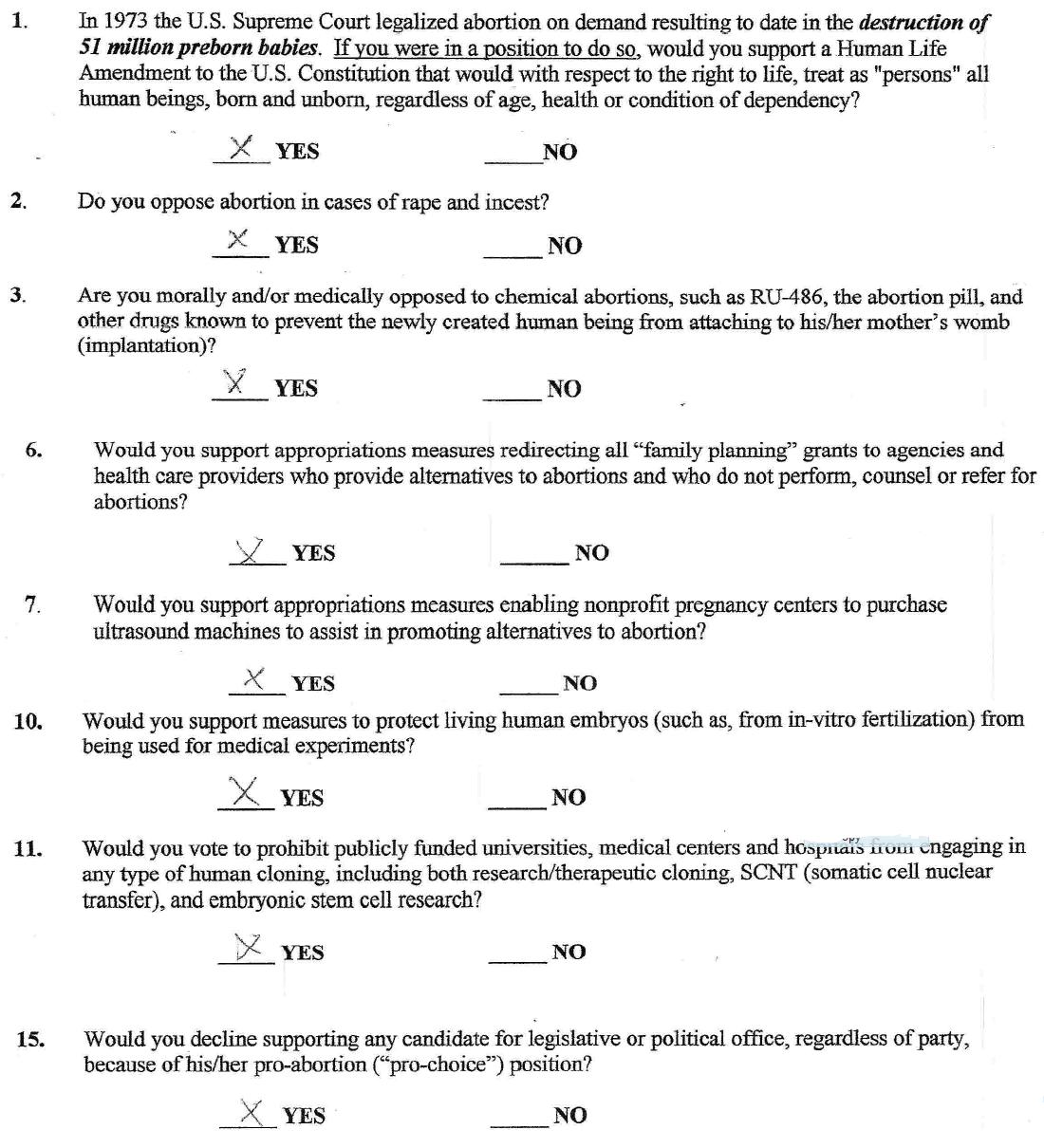Fake abortion documents have become a troubling trend in today's society, posing significant risks to individuals seeking reproductive health services. As these documents circulate, they raise critical questions about legality, ethics, and personal health. This article aims to explore the ramifications of using fake abortion documents, shedding light on the motivations behind their creation and distribution, and offering insights into the potential consequences for those involved.
In recent years, the debate surrounding abortion has intensified, leading to heightened scrutiny of reproductive health practices. The emergence of counterfeit abortion documents reflects a larger societal issue, intertwining legal, ethical, and health concerns. This article will delve into the nuances of this issue, providing valuable information for readers who may encounter or consider using such documents.
As we navigate this complex topic, it's essential to approach it with sensitivity and a focus on factual accuracy. By understanding the implications of fake abortion documents, we can better educate ourselves and others, promoting a safer and more informed society.
Table of Contents
- What Are Fake Abortion Documents?
- Motivations Behind Fake Abortion Documents
- Legal Implications of Using Fake Documents
- Health Risks Involved
- How to Identify Fake Abortion Documents
- Real-World Examples of Fake Abortion Documents
- Resources for Authentic Abortion Services
- Conclusion
What Are Fake Abortion Documents?
Fake abortion documents are fraudulent records that falsely claim a person has undergone an abortion. These documents can take various forms, including:
- Medical certificates
- Official hospital discharge papers
- Prescription records
These documents are often created to deceive institutions, employers, or even family members. They can be used to manipulate situations, such as avoiding parental consent or gaining access to certain services or benefits.
Motivations Behind Fake Abortion Documents
The motivations for obtaining or creating fake abortion documents are varied and complex. Some common reasons include:
- Fear of Stigma: Individuals may feel ashamed or fearful of judgment regarding their choices.
- Parental Pressure: Young individuals might seek to bypass parental consent requirements.
- Employment Concerns: Some may fear losing their job or facing discrimination if their reproductive choices are known.
- Financial Gain: In some cases, individuals may create fake documents to exploit financial systems or benefits.
Legal Implications of Using Fake Documents
Using fake abortion documents can carry severe legal consequences. Depending on the jurisdiction, individuals caught using or distributing fraudulent documents may face:
- Criminal charges for forgery or fraud
- Fines and restitution
- Imprisonment in severe cases
Furthermore, the implications can extend beyond legal penalties, affecting future employment opportunities, credit ratings, and personal relationships.
Health Risks Involved
Beyond legal concerns, the use of fake abortion documents can pose significant health risks. Individuals relying on fraudulent documents may avoid seeking necessary medical care, leading to:
- Undiagnosed complications from unsafe abortions
- Delayed treatment for physical or mental health issues
- Increased likelihood of engaging in unsafe practices to terminate a pregnancy
The potential health ramifications underscore the importance of accessing authentic and safe reproductive health services.
How to Identify Fake Abortion Documents
Identifying fake abortion documents can be challenging, but there are several signs to look for:
- Inconsistent formatting or language
- Lack of official medical stamps or signatures
- Unusual or missing contact information for healthcare providers
- Overly generic or vague information
If confronted with a document that raises suspicion, it is crucial to verify its authenticity through direct contact with the issuing medical facility.
Real-World Examples of Fake Abortion Documents
The issue of fake abortion documents is not just theoretical; several real-world cases highlight the problem:
- In 2021, a young woman was discovered using a fake abortion certificate to avoid parental notification laws, resulting in legal action.
- A fraudulent clinic was shut down after distributing fake documents to individuals seeking abortion services, leading to numerous health complications.
These examples illustrate the serious consequences that can arise from the use of fake documents in the context of reproductive health.
Resources for Authentic Abortion Services
For those seeking authentic abortion services, several resources can provide assistance:
These organizations offer reliable information, medical services, and support for individuals navigating reproductive health decisions.
Conclusion
Fake abortion documents pose significant risks, both legally and health-wise. Understanding the motivations behind their use and the potential consequences is essential for promoting informed decisions about reproductive health. We encourage readers to share their thoughts in the comments, share this article to raise awareness, and explore additional resources on authentic abortion services.
As the conversation surrounding reproductive health continues to evolve, staying informed and advocating for safe practices is crucial. Thank you for reading, and we hope to see you back here for more insightful articles on pressing societal issues.


